15 Foods Nutritionists Never Touch and Neither Should You
In the vast panorama of food choices available, some stand out for their negative impacts on our health. These are the foods that nutritionists, the experts in the field, warn us to avoid due to their high levels of unhealthy ingredients like saturated fats, trans fats, and sugars.
Let’s see the foods nutritionists avoid and recommend we should too.
Margarine

Margarine is a spread derived from vegetable oils. It undergoes a hydrogenation process to prolong its shelf life. As a result of hydrogenation, margarine contains trans fats, which increase bad cholesterol in the body and the risk of inflammation, stroke, and heart disease.
Soybean Oil

Soybean oil is heavily processed, and it contains polyunsaturated fats that are highly susceptible to oxidation, leading to oxidized soybean oil. The oxidation can increase inflammation, contributing to a wide range of diseases. Also, farmers commonly use glyphosate, an herbicide on soybeans, further questioning the health perspective of this food source.
Processed Meat
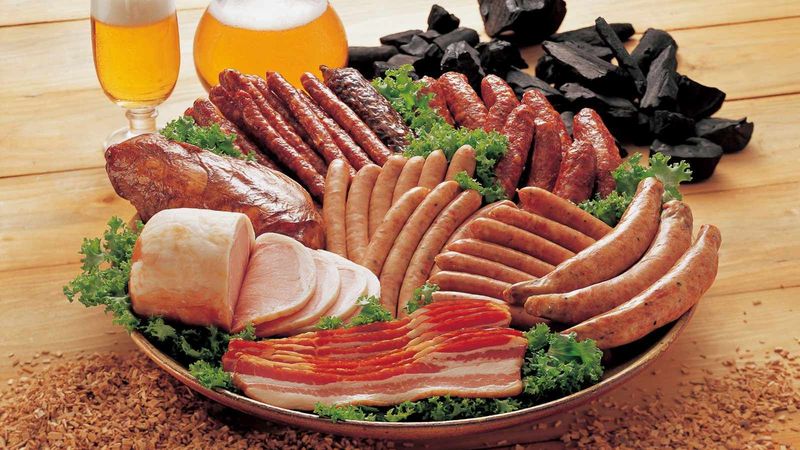
Processed meat, like hot dogs, bacon, sausages, and deli meats, contains sodium in high amounts. Overeating of these foods raises blood pressure and triggers stroke and heart attack. Processed meats also contain preservatives that can be carcinogenic to humans if consumed in large quantities.
White Bread
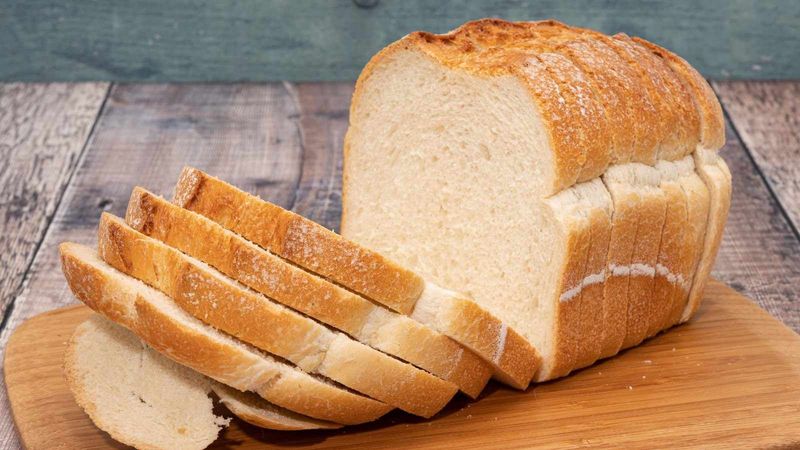
White bread is a highly processed food that offers minimal nutritional value. It is crafted from refined grains, which undergo a milling process that strips away their fiber and essential nutrients. Consuming white bread can result in rapid spikes in blood sugar levels.
Sugary Drinks
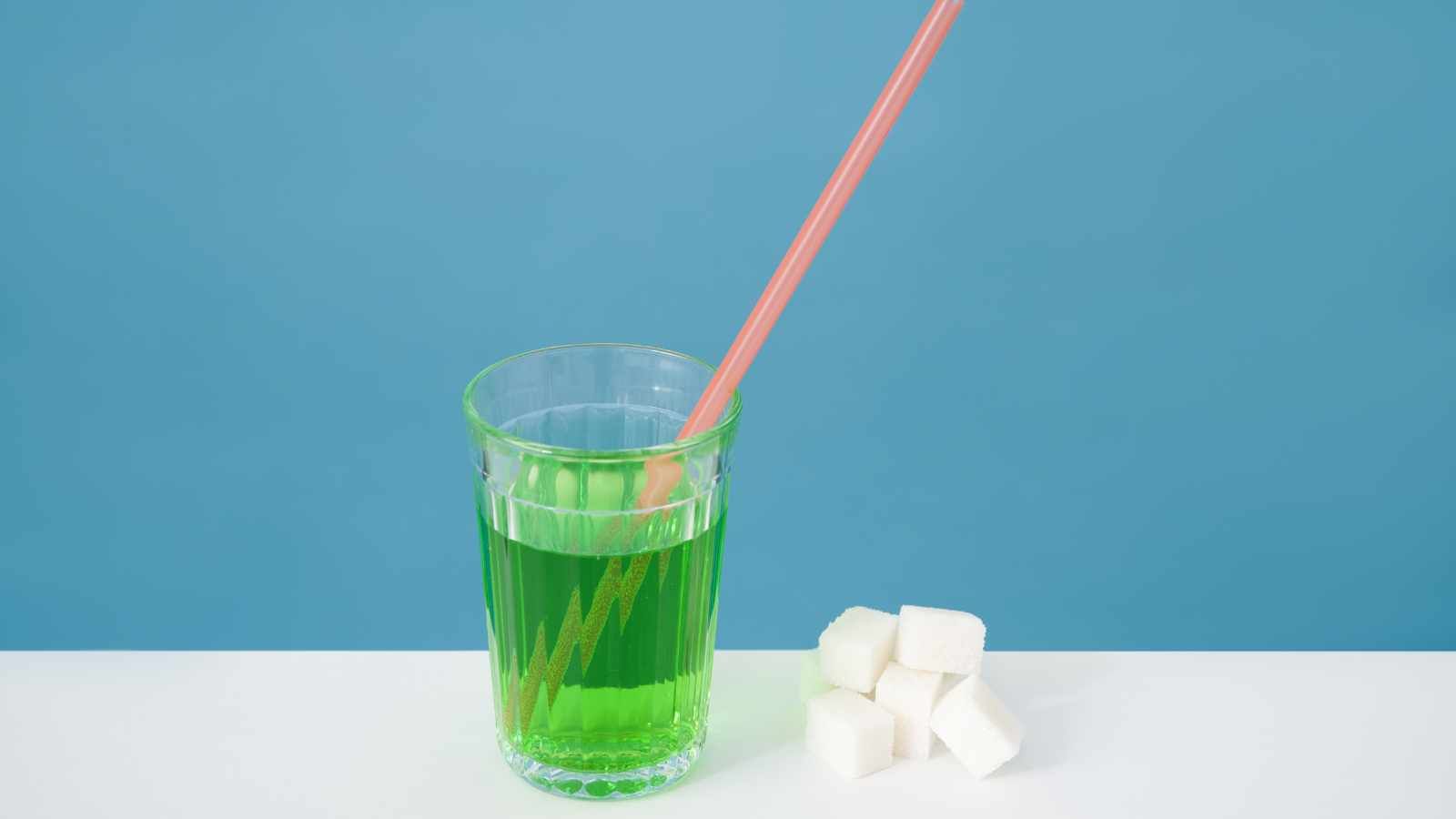
Sugary drinks, like soda and energy drinks, may appeal to the taste buds but can cause serious health issues. These beverages contain high amounts of sugar, leading to insulin resistance, obesity, heart disease, and diabetes. If you want a refreshing beverage, drink water or unsweetened tea instead.
Raw Fish

Raw fish, like sushi or sashimi, contain harmful parasites and bacteria that cause foodborne illnesses. They are also a source of mercury which affects your nervous system and brain development, especially in pregnant women. Nutritionists recommend avoiding raw fish altogether and opting for cooked seafood instead.
Fruit Juice Concentrates

Fruit juice concentrates contain fruits that undergo cooking and blending to extract the juice. This process removes a significant amount of fiber and nutrients. Manufacturers further enhance their sweetness by incorporating large quantities of sugar, preservatives, and artificial colors, posing potential health risks. Choose naturally-made juices or smoothies without added sugars to prioritize your health.
Refined Grains
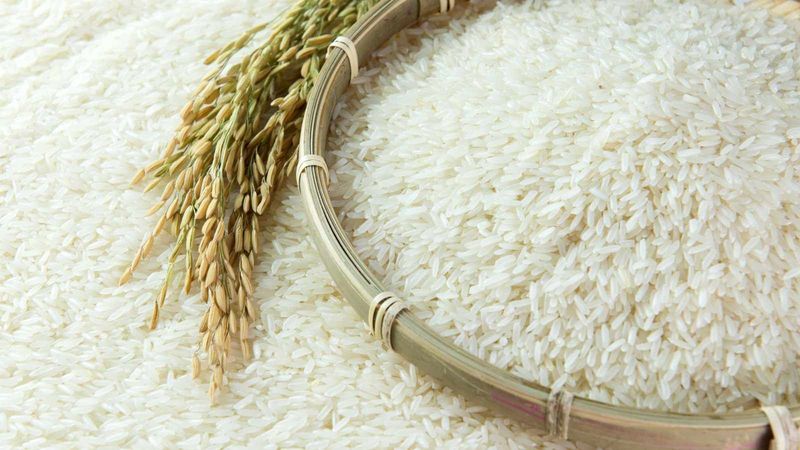
Refined grains, like white rice and flour, are stripped of their nutrient-rich outer layers during processing. They lack essential vitamins and minerals, are higher in calories than whole grains, and cause rapid blood sugar spikes and crashes, leading to fatigue and cravings for more sugary foods. Nutritionists recommend avoiding refined grains altogether and opting for whole-grain options instead.
Processed Cheese

Processed cheese is a blend of emulsifiers, preservatives, and additives. It lacks nutritional value and can harm your health, increasing the risks of cancer and heart disease. Natural cheeses free from added ingredients provide better taste and quality and greater health benefits.
Canned Foods
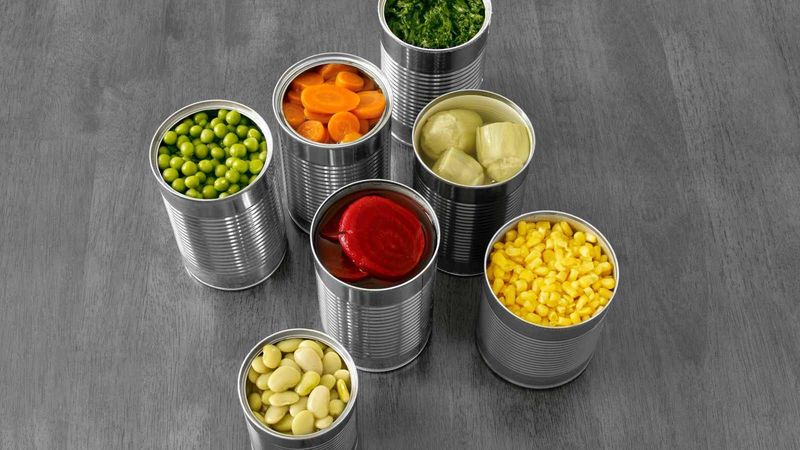
Sodium preservatives and additives in canned foods trigger high blood pressure and heart disease. Most canned soups, vegetables, and fruits contain bisphenol A (BPA), a chemical that disrupts the endocrine system. Fresh or frozen foods save you from BPA exposure.
Veggie Chips
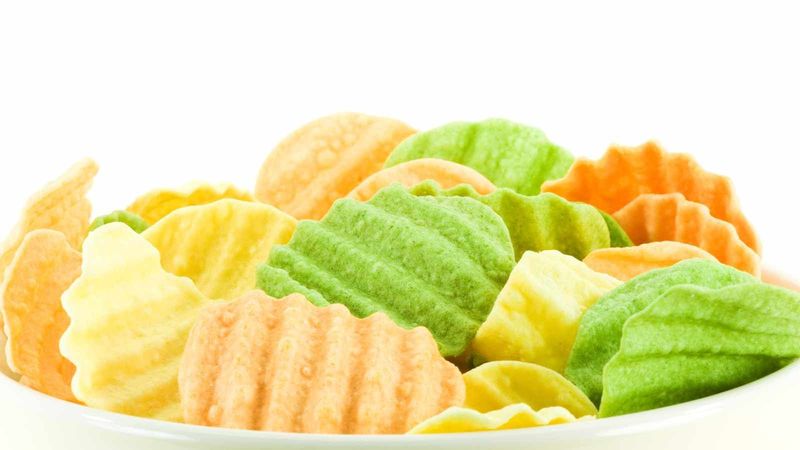
Some adverts market veggie chips as a healthier alternative to traditional potato chips. However, they usually have processed vegetable oils and added sugar in them. During the processing, the vegetables lose their natural fiber and other essential nutrients, resulting in empty calories and minimal nutritional value.
Artificial Sweeteners
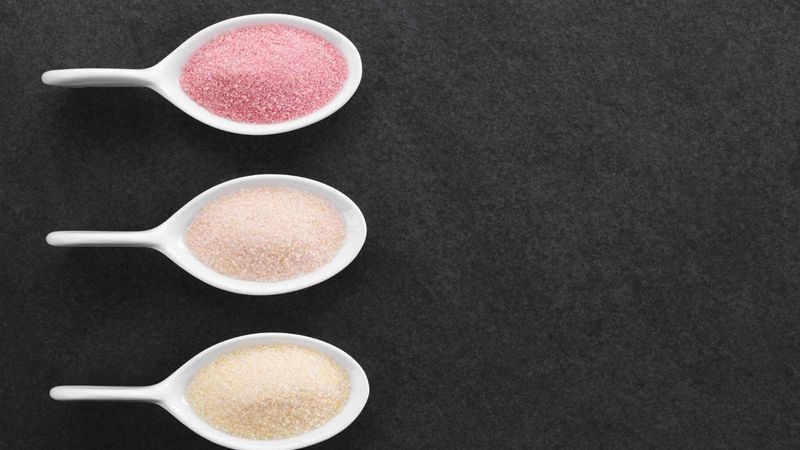
Artificial sweeteners like saccharin, aspartame, sucralose, and acesulfame-K are synthetic sugar substitutes in diet foods. While they’re a low-calorie option, they have been linked to cancer, obesity, and metabolic syndrome. Nutritionists recommend natural sweeteners like honey or maple syrup instead.
Candy
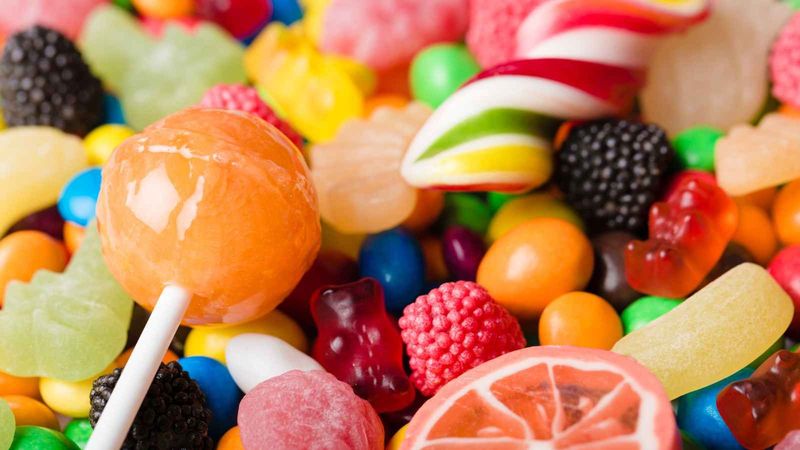
Candy has excessive added sugar, preservatives, artificial colors, and flavors. Indulging in candy can contribute to weight gain and heighten the likelihood of heart disease and diabetes. Opt for naturally-crafted alternatives like dark chocolate or nuts when craving a treat.
Pretzels

Pretzels are made from refined wheat flour and contain excessive sodium, making them a poor snack choice. High consumption of these processed foods increases the risk of diabetes and heart disease. Instead, choose healthier alternatives like carrots or whole-grain crackers with no added sugar.
Microwave Popcorn
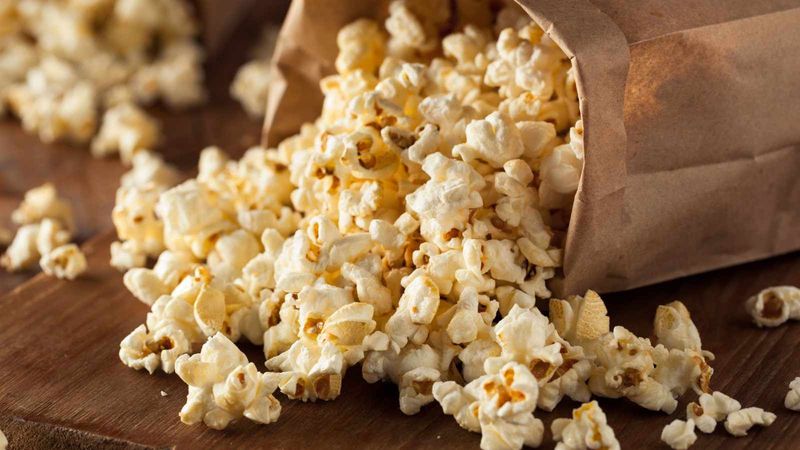
Microwave popcorn is a convenient snack with harmful chemicals, preservatives, excessive salt, and unhealthy fats, all contributing to inflammation and many diseases. On the other hand, homemade popcorn, made without added flavors or ingredients, provides a healthier alternative.
